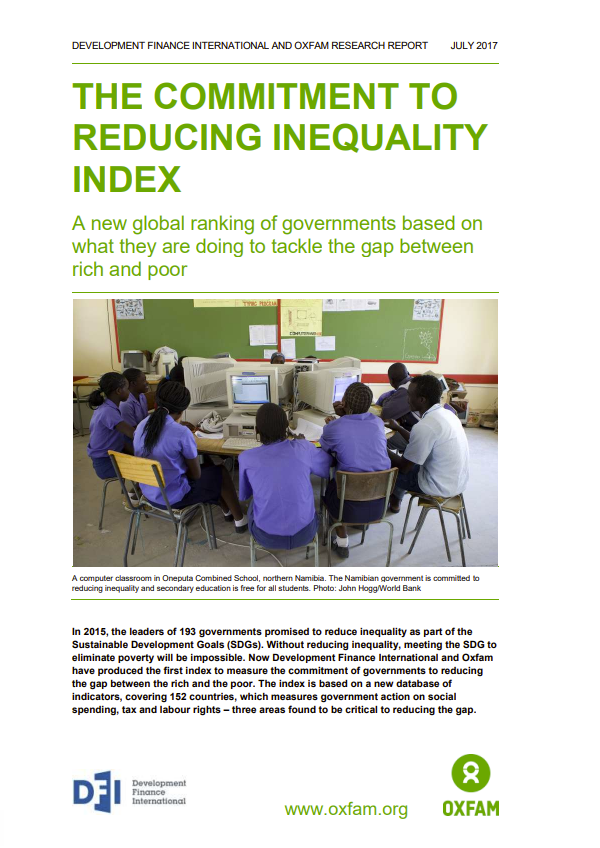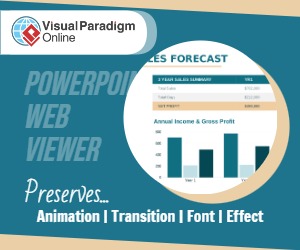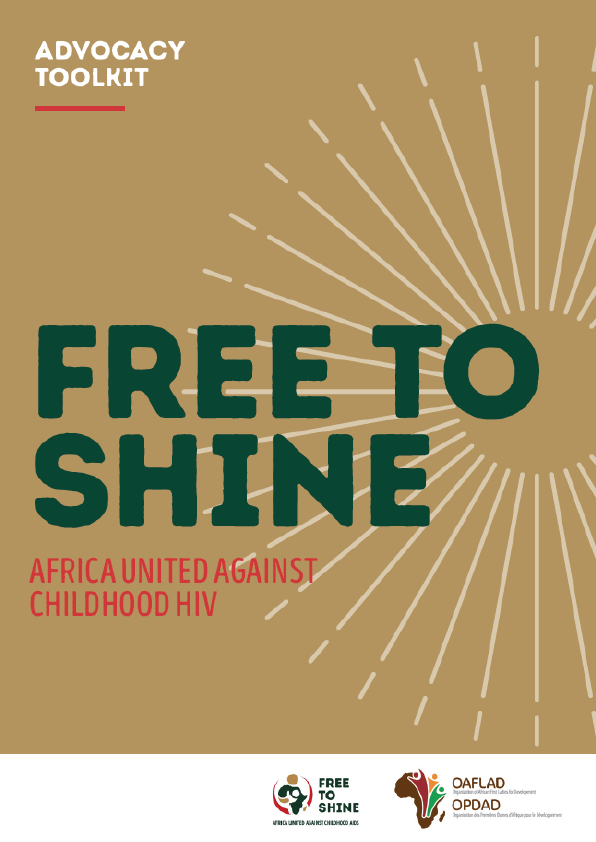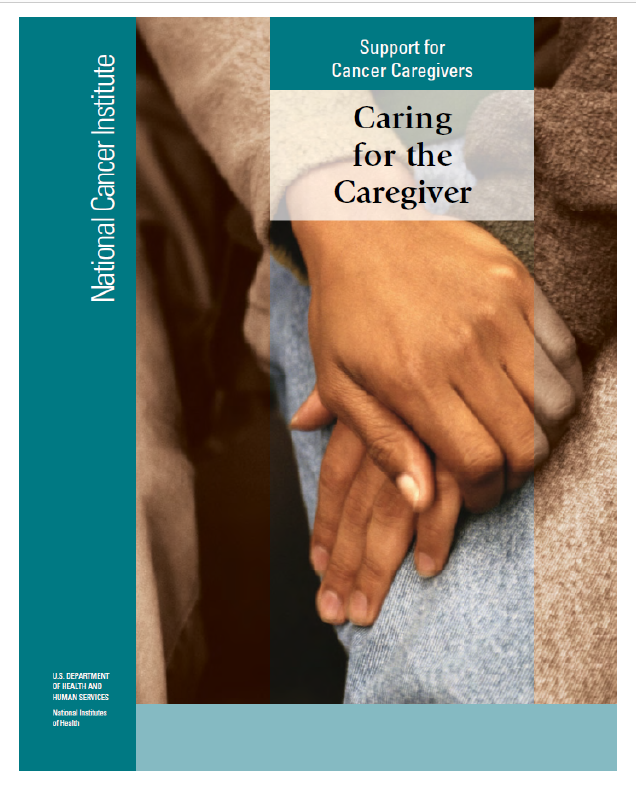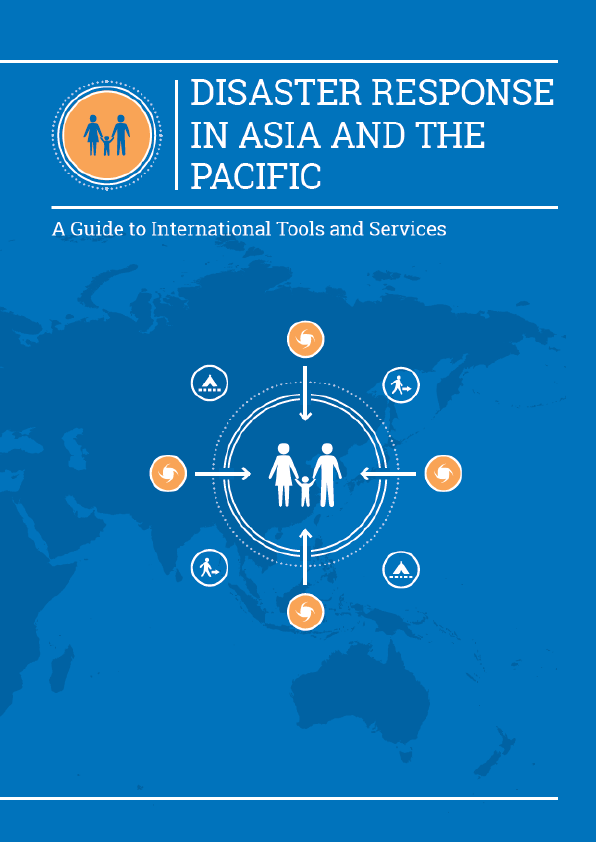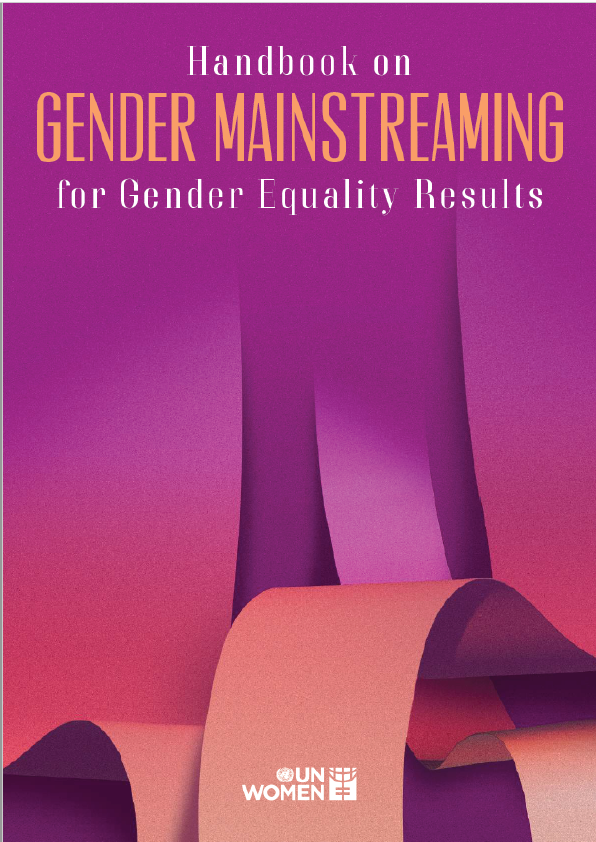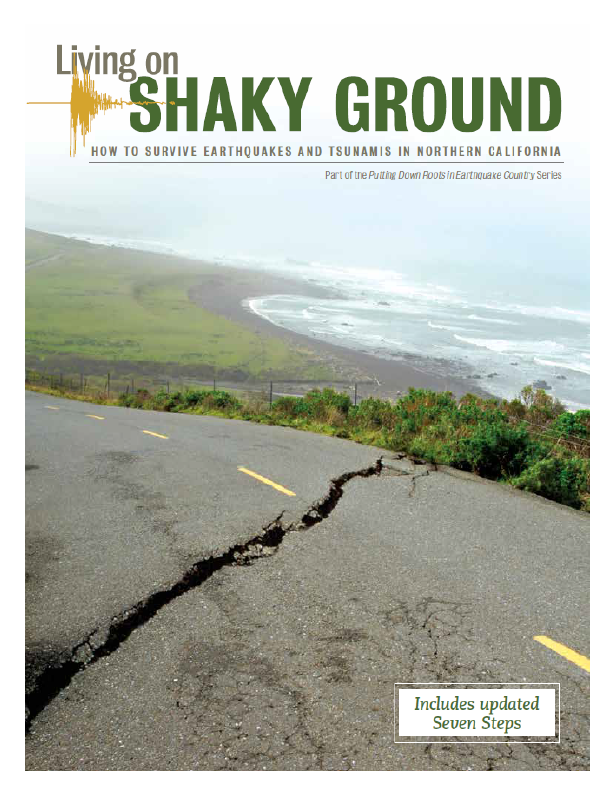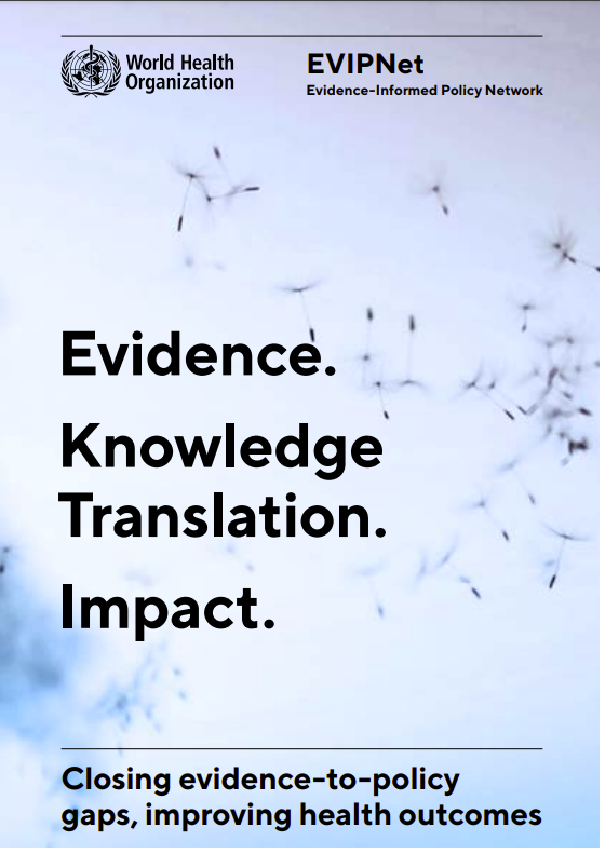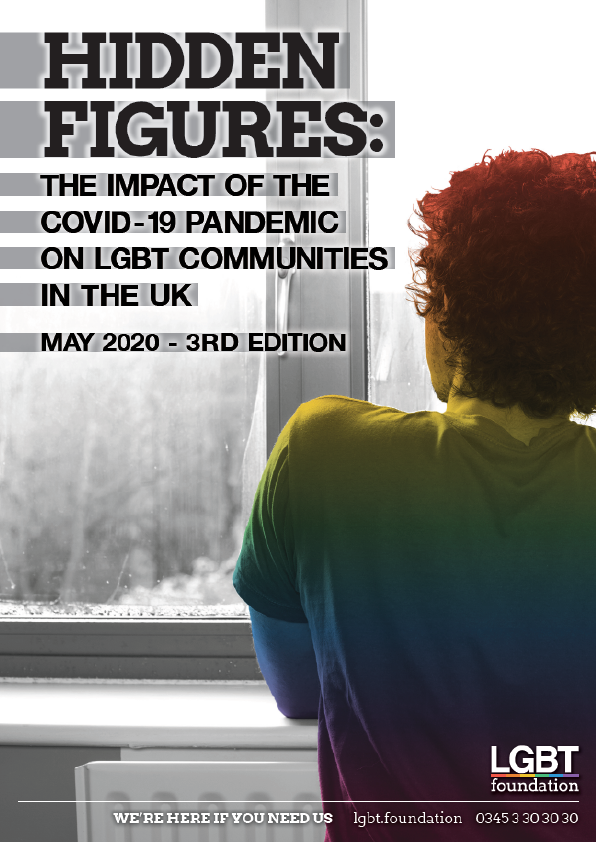In 2015, the leaders of 193 governments promised to reduce inequality as part of the Sustainable Development Goals (SDGs). Without reducing inequality, meeting the SDG to eliminate poverty will be impossible. Now Development Finance International and Oxfam have produced the first index to measure the commitment of governments to reducing the gap between the rich and the poor.
There are wide varieties of economic inequality, most notably income inequality measured using the distribution of income (the number of money people is paid) and wealth inequality measured using the distribution of wealth (the number of wealthy people own). Besides economic inequality between countries or states, there are important types of economic inequality between different groups of people.
Important types of economic measurements focus on wealth, income, and consumption. There are many methods for measuring economic inequality, the Gini coefficient being a widely used one. Another type of measure is the Inequality-adjusted Human Development Index, which is a statistic composite index that takes inequality into account. Important concepts of equality include equity, equality of outcome, and equality of opportunity.
The Commitment to Reducing Inequality Index uses a new database of indicators covering 152 countries, which measures government action on social spending, tax, and labor rights – three areas found to be critical to reducing inequality.
This first version of the CRI Index is a work in progress, and DFI and Oxfam welcome comments and additions. We find that there is an urgent need for coordinated global investment to significantly improve the data on inequality and policies to reduce it, and much greater concerted action by governments across the world to reduce the gap between rich and poor.
SUMMARY
THE INEQUALITY CRISIS, THE FIGHT AGAINST POVERTY, AND THE ROLE OF GOVERNMENTS
Many countries across the world, rich and poor, have experienced rapid growth in the gap between the richest people in society and everyone else over the past 30 years. This inequality crisis is characterized by a situation whereby just eight men own the same wealth as the poorest 3.5 billion people. Failure to tackle this growing crisis is undermining social and economic progress and, crucially, the fight against poverty. Oxfam’s research has shown that, since the turn of the century, the poorest half of the world’s population has received just 1% of the total increase in global wealth, while the top 1% received 50% of the increase.
Inequality is bad for us all. It has been linked with crime and insecurity, lower economic growth, and poor health, and other outcomes. The consequences for the world’s poorest people are particularly severe. The evidence is clear: there will be no end to extreme poverty unless governments tackle inequality and reverse recent trends. Unless they do so, the World Bank predicts that by 2030 almost half a billion people will still be living in extreme poverty.
DFI and Oxfam believe that the inequality crisis is not inevitable and that governments are not powerless in the face of it. Our findings show that a number of governments, in recent as well as more distant history, including Sweden, Chile, Uruguay, and Namibia, for example, have shown they can buck the trend of growing inequality by taking clear steps to reduce it. Unfortunately, many other governments, including Nigeria and India, are failing to make use of the tools available to them to tackle this global scourge. Unless they take concerted action now, they will fail to end poverty and fail to make sustainable economic progress that benefits everyone in society.
